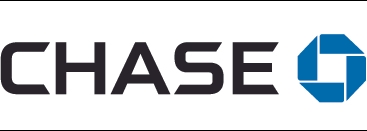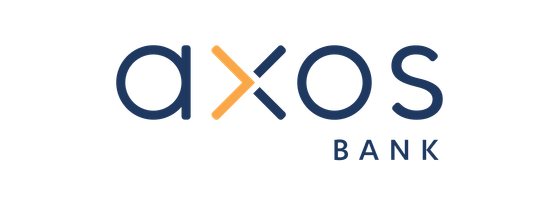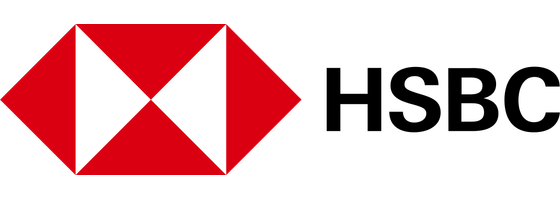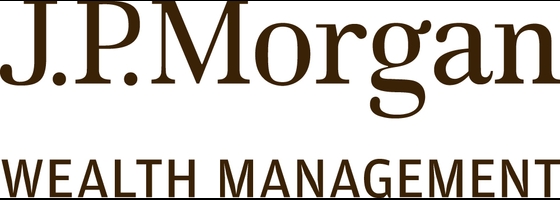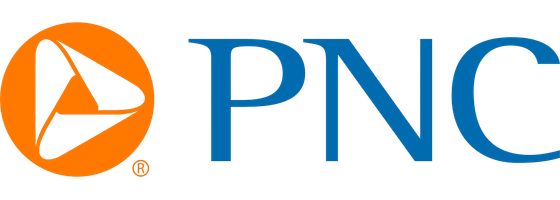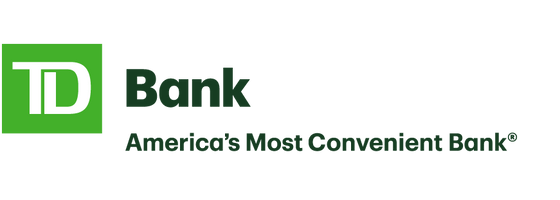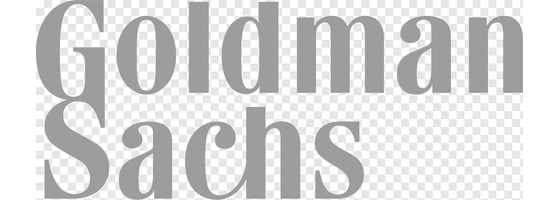- Zero banking fees.
- Free wire transfers.
- Fee-free ATMs worldwide.
- Auto financing discounts.
12 Millionaire Bank Accounts in December 2024

Our evaluations and opinions are not influenced by our advertising relationships, but we may earn a commission from our partners’ links. This content is created by TIME Stamped, under TIME’s direction and produced in accordance with TIME’s editorial guidelines and overseen by TIME’s editorial staff. Learn more about it.
Millionaires and billionaires have different banking needs than your average consumer. This is why high-net-worth individuals (HNWIs) and ultra-high-net-worth individuals (UHNWIs) often choose banks offering private banking services, which include personalized products, one-on-one attention, waived fees, favorable rates, generous amenities, account security, and confidentiality. Here’s a quick look at 12 private banking accounts designed for the wealthy.
| Title | Best for | Minimum assets for investment | Monthly fee |
|---|---|---|---|
Chase Private Client Checking℠ | High earners | $150,000 | $35 ($0 with qualifying activities) |
Axos Bank Private Client Banking | Expanded FDIC insurance | $250,000 | $0 |
Citi Private Bank | Global financial services | $5 million | $0 |
First Tech Premier Rewards Banking | Credit union customers | $250,000 | $0 |
HSBC Premier Checking | Lower asset levels | $75,000 | $50 (waived in several ways) |
J.P. Morgan Private Bank | Security | $10 million | $0 |
PNC Private Bank | No balance requirements | $1 million | $0 |
TD Private Banking | Flexible transaction limits | $750,000 | $15 ($0 with qualifying activity) |
Wells Fargo Private Bank | Foreign-exchange service | $10 million | $0 |
Goldman Sachs Wealth Management | Wealth management | $10 million | $0 |
UBS Private Wealth Management | Investment advice | $10 million | $0 |
Chase Private Client Checking, a service of JPMorgan Chase Bank, is designed for customers who maintain a daily balance of at least $150,000 in linked checking, savings, and investment accounts. Accountbenefits include zero fees on everyday banking, fee-free ATMs worldwide, and free incoming and outgoing wire transfers. You also get exclusive rates on auto loans, access to invitation-only events, and a dedicated Chase Private Client Banker to help you with everyday banking needs.
Axos Private Client Banking’sinsured cash sweep program expands your Federal Deposit Insurance Corporation (FDIC) coverage up to $240 million in deposits. Clients enjoy white-glove service, zero banking fees, high transaction limits, free domestic and international wires, financing benefits, and amenities such as VIP access at more than 1,200 airport lounges worldwide. You’ll need to maintain a minimum balance of $250,000 to qualify for Private Client Banking.
Bank of America Private Bank has won multiple awards for its philanthropy advisory services. It delivers comprehensive investment and wealth management solutions to clients with over $3 million in investable assets. Deposit accounts offer zero monthly fees, bonus interest rates, and discounts on financing. You also get a 75% rewards bonus on eligible credit card purchases, premium offers, and a 2% discount on foreign currency orders.
With dozens of awards, Citi Private Bank is consistentlyrecognized in the industry for serving some of the world’s wealthiest clients. Citi’s banking network spans nearly 160 countries and jurisdictions across six continents, with private bankers in every region to meet the needs of global families, businesses, and investments. Clients with a minimum of $5 million in assets to invest can access a robust suite of UHNW banking, investment, financing, management, and legacy services.
High asset requirements.
A credit union is not a bank, and you must become a member of First Tech Federal Credit Union to access its offerings. Fortunately, it has pretty simple requirements: Premier Rewards Banking is offered to clients with at least $250,000 in checking, savings, and CD accounts. Benefits include dedicated financial partners, competitive annual percentage yields (APYs), and monthly rebates on service fees, plus higher Zelle, remote deposit, and fund-availability limits.
You can open an HSBC Premier Checking account with at least $75,000 in total deposits, $5,000 in monthly direct deposits, or an HSBC mortgage with an original loan balance of at least $500,000. The account offers fee-free ATMs worldwide, a debit card with no foreign transaction fees, and fee-free transfers of up to $200,000 daily. You’ll also have access to wealth products, insights, and advice from an HSBC financial professional.
J.P. Morgan consistentlyranks as one of the world’s best for private banking services. The company is well positioned to weather volatility and protect its clients: It is a division of JPMorgan Chase, which employs nearly 300,000 people. J.P. Morgan Private Bank reports that it spends nearly $700 million annually on cybersecurity efforts. Along with its comprehensive private banking services, those with $10 million or more to invest get access to a team of financial professionals to guide them through every facet of wealth planning.
You need at least $1 million in investable assets to become a PNC Private Bank client. However, with no minimum deposit requirements, you’ll have more flexibility with your cash. There are no banking fees and no wire transfer fees for domestic and international, inbound and outbound transfers. You’ll get support from a dedicated banking advisor and have access to more than 100 PNC Private Bank offices across 23 states.
TD Private Banking offers higher transaction limits than other private banking services. When using the TD Bank app, you’ll enjoy daily ATM withdrawals of up to $1,500, point-of-sale transactions of up to $20,000, and mobile deposit limits of $50,000 daily and $100,000 monthly. You also get unlimited ATM fee rebates, five free wires per month, free checks, free safe deposit boxes, 24-hour emergency card replacement, and access to a dedicated relationship manager.
Wells Fargo offers more than 70foreign currencies, and Private Bank clients get a 2% discount when ordering through the foreign exchange call center, online, or at their local branch (you receive the currency via delivery within two to seven business days). Once you return from your trip, you can sell unused foreign currency at a branch. You can also send and receive free domestic and international wires denominated in numerous foreign currencies.
Goldman Sachs’s low 25:1 average client-to-advisor ratio means its advisors have the time to focus on your needs. The average advisor tenure is 14 years, so you’ll have access to stable, reliable service from professionals who have managed wealth across various market cycles. You’ll need to invest at least $10 million to open a private wealth management account, which offers investment advisory services, income planning, estate planning, gift planning, private banking and lending, trading, hedging, and more.
The Union Bank of Switzerland (UBS) is one of the world’s largest financial institutions. Its Private Wealth Management division offers personalized investment advice, portfolio advisory, brokerage services, financial planning, philanthropy, trust and estate planning, and more. You’ll need at least $10 million in investable assets to become a Private Wealth Management client or $1 million to $10 million to join UBS premier wealth management.
We evaluated dozens of banks offering private banking services for the wealthy. We considered credibility, account security, fees, rates, amenities, personalized services, and other factors to select the top 10.
UHNWIs are usually defined by the value of their investable assets, including cash, bonds, stocks, and property (excluding personal residences). There’s no universally agreed-upon threshold for being an UHNWI. Still,$30 million in investable assets is widely considered enough to join the UHNWI club.
Many HNWIs and UHNWIs prefer private banking services over personal (sometimes called “retail’) ones. The former offer products and services that have been tailored to the client, including preferred APYs on deposit accounts, discounted annual percentage rates (APRs) on loans and mortgages, estate planning, investment advice, portfolio management, and more.
Many UHNWIs grow their wealth by investing in risky assets, such asprivate businesses, and multiplying their returns, according to aUniversity of Pennsylvania paper titled “Why Are the Wealthiest So Wealthy? A Longitudinal Empirical Investigation.” But they usually start out ahead. The reportstates that “on average, the wealthiest start their lives substantially richer than other households in the same cohort.” It goes on to say that they own mostly private equity in their portfolios, earn higher returns, derive most of the income from dividends and capital gains, and save at higher rates.
Wealthy individuals expect a high level of personalized attention, generous amenities, and a range of financial- and wealth-management services, including estate planning, investment advisory, risk mitigation, tax optimization, and more.
The wealthier you are, the more complex your finances may be—and the greater your potential risks. Private banking services provide a higher and more personalized level of help designed to meet the needs of HNWIs and UHNWIs.
When choosing private banking services, consider the level of one-on-one contact you’ll receive, the access you’ll gain as a client, the security of your assets, the bank’s stability, and whether the bank has the capabilities and resources to serve your needs.
Many wealthy individuals and families prefer private banking to access personalized products and services, favorable rates, and wealth management services. While no bank is the clear winner, popular options include Bank of America, Chase, HSBC, J.P. Morgan, TD Bank, and Wells Fargo.
The best bank for HNWIs depends on the products, services, and amenities they require. Still, many HNWIs and UHNWIs prefer banks that offer private banking services for their custom solutions, confidentiality, and security measures.
Numerous banks offer reputable wealth management services. The best one for you depends on your financial goals and specific situation. Popular banks to consider include Bank of America, JPMorgan Chase and its division J.P. Morgan Private Bank, and Goldman Sachs.
FDIC insurance generally covers $250,000 per depositor, per ownership category, per FDIC-insured bank (the same rules apply to credit unions covered by the National Credit Union Administration), but there are work-arounds. One option is to use a financial institution that guarantees higher coverage. For example,Axos Bank provides multimillion-dollar FDIC insurance through IntraFi Network Deposits.
Another possibility is adding beneficiaries to your account. Each beneficiary increases the coverage by $250,000, provided the beneficiary doesn’t have another account at the bank. However, the coverage limit can’t exceed$1,250,000, no matter how many beneficiaries you have.
The information presented here is created by TIME Stamped and overseen by TIME editorial staff. To learn more, see our About Us page.
